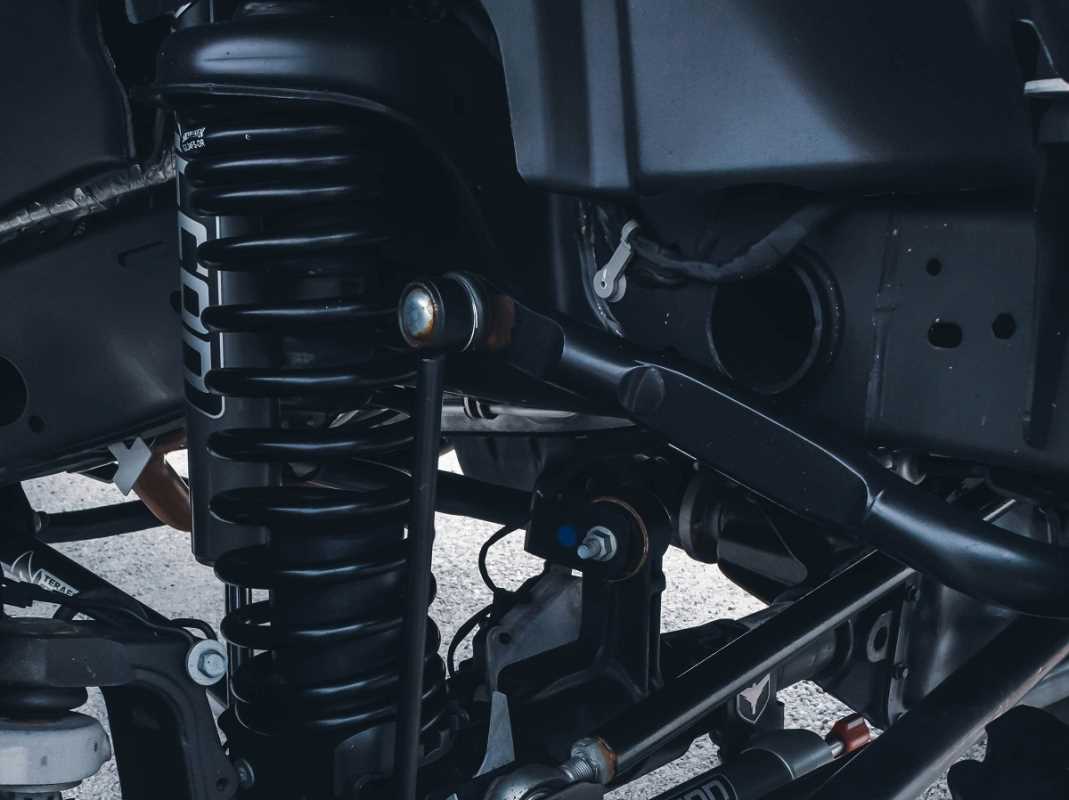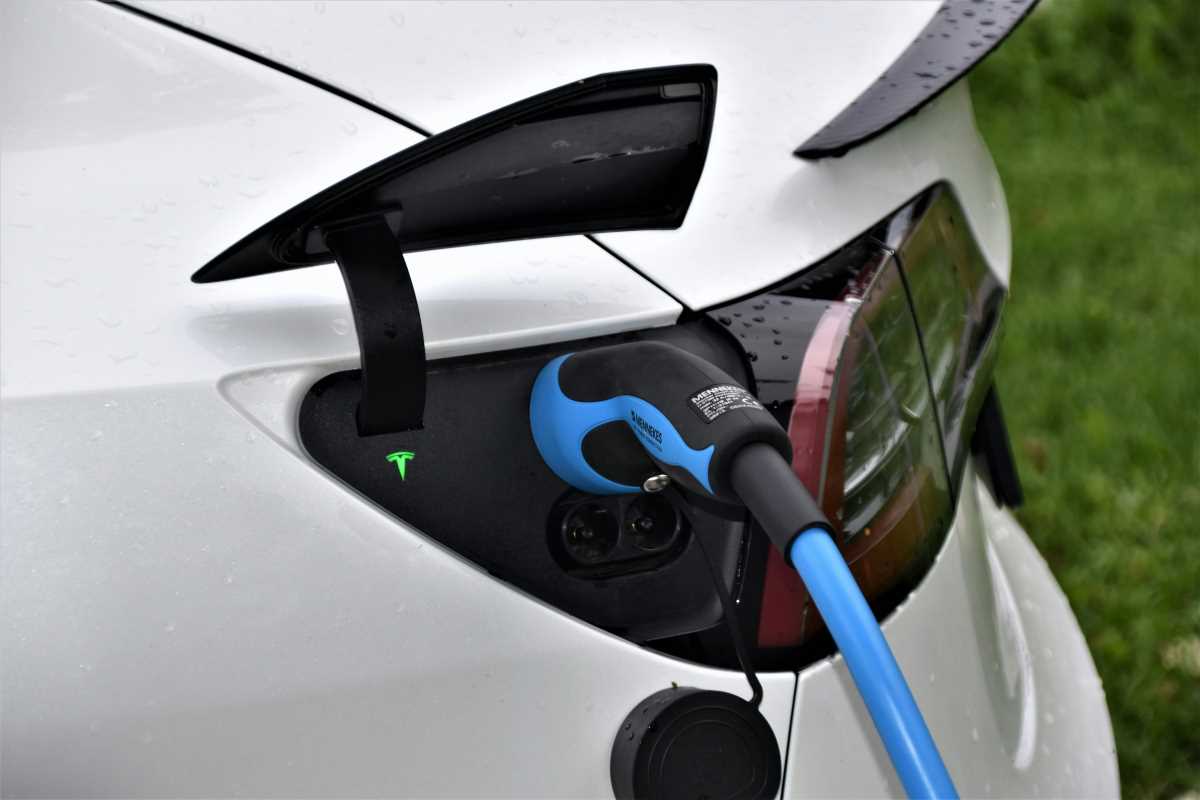Artificial intelligence (AI) has influenced vehicle diagnostics, allowing faster and more accurate identification of issues within modern cars. With complex algorithms and machine learning, AI systems analyze vast amounts of data from various vehicle sensors, leading to improved maintenance methods and enhanced vehicle performance. This technological advancement not only streamlines the diagnostic process but also presents new challenges that the automotive industry must navigate.
AI's benefits in vehicle diagnostics include reduced downtime, predictive maintenance, and personalized vehicle care. Challenges such as data privacy concerns, the need for continuous software updates, and the integration of AI systems with existing automotive technologies accompany these advantages. Balancing these benefits and challenges is crucial for successfully integrating AI in the automotive sector.
The Role of AI in Vehicle Diagnostics
AI plays several key functions in vehicle diagnostics, revolutionizing the way automotive issues are detected and addressed:
- Real-Time Data Analysis: AI systems continuously monitor and analyze data from multiple sensors, providing real-time insights into the vehicle's health.
- Predictive Maintenance: By forecasting potential failures before they occur, AI enables proactive maintenance, reducing unexpected breakdowns.
- Automated Troubleshooting: AI can automatically diagnose issues and suggest the most effective solutions, minimizing the need for manual intervention.
- Enhanced Accuracy: Machine learning algorithms enhance the precision of diagnostics, ensuring that even subtle issues are detected early.
- Integration with Connected Services: AI facilitates seamless communication between the vehicle and external services, such as repair shops and emergency assistance.
Impact on the Automotive Industry
Integrating AI into vehicle diagnostics has led to significant advancements within the automotive industry. These changes improve vehicle reliability and reshape the roles of automotive technicians and service providers.
- Improved Diagnostic Tools: Traditional diagnostic tools are being replaced or augmented by AI-driven systems that offer more comprehensive and accurate assessments.
- Cost Efficiency: AI reduces the time and resources required for diagnostics, lowering operational costs for service centers and manufacturers.
- Enhanced Customer Experience: With faster and more reliable diagnostics, customers experience quicker turnaround times and increased satisfaction.
- Data-Driven Insights: Manufacturers gain valuable data insights that inform the design and development of more resilient vehicles.
- Competitive Advantage: Companies that effectively implement AI in their diagnostic processes gain a competitive edge in the market.
Challenges and Opportunities
While AI presents numerous opportunities for vehicle diagnostics, it also introduces several hurdles that the industry must address.
One of the primary challenges is ensuring data security and privacy, as AI systems rely on extensive data collection and analysis. There is also a need for standardization in AI technologies to ensure compatibility across different vehicle models and brands. On the other hand, the opportunities include the ability to offer more personalized and efficient services, as well as the potential to innovate and develop new business models centered around AI-driven diagnostics.
Legal and Ethical Considerations
The deployment of AI in vehicle diagnostics must navigate complex legal landscapes that govern data usage, privacy, and liability. Ethical considerations also play a significant role, particularly concerning the transparency of AI decision-making processes and accountability for diagnostic outcomes. Ensuring compliance with regulations and maintaining ethical standards is essential for building trust and facilitating the widespread adoption of AI technologies in the automotive sector.
The Future of AI in Vehicle Diagnostics
AI is expected to drive further innovations in vehicle diagnostics, making systems more autonomous and intelligent. Future developments may include greater integration with autonomous driving technologies, enhanced machine learning capabilities for even more accurate diagnostics, and incorporating augmented reality to assist technicians in complex repair processes.
Advancements in AI could lead to fully predictive systems that diagnose existing issues and prevent potential problems by continuously learning and adapting to the vehicle's usage patterns and environmental conditions. These innovations will likely set new vehicle maintenance and reliability standards, further solidifying AI's role in the automotive industry's evolution.
AI is transforming vehicle diagnostics, offering significant improvements in accuracy and efficiency. As the technology continues to advance, it will play an increasingly crucial role in shaping the future of the automotive industry, driving innovation, and enhancing the overall driving experience.







